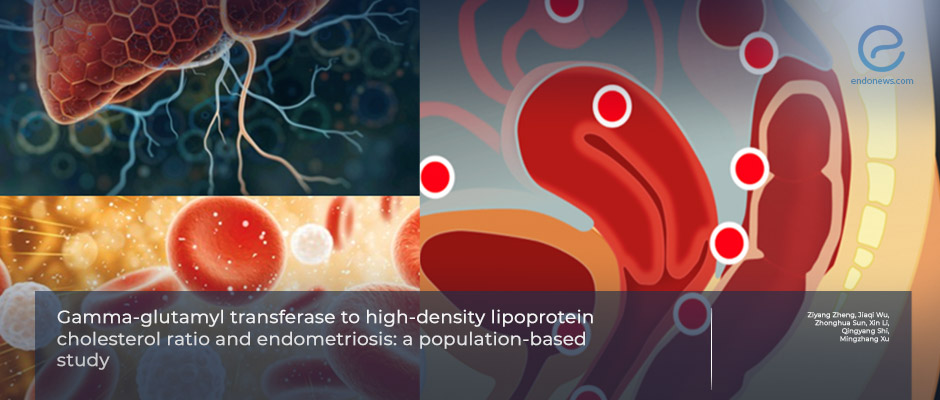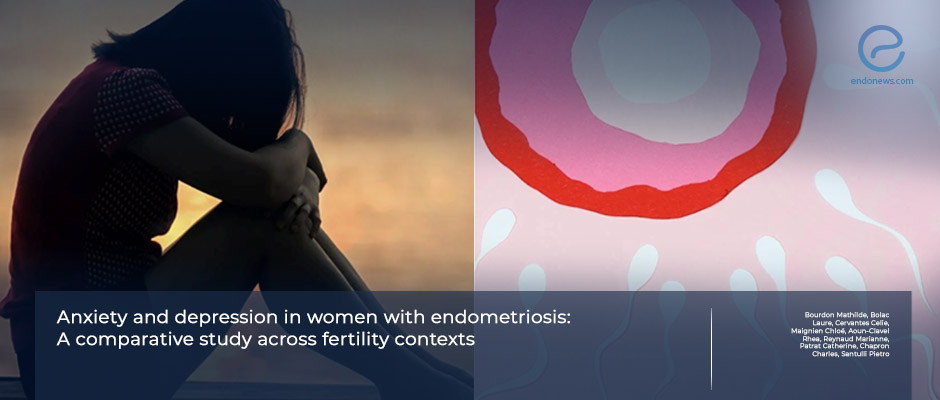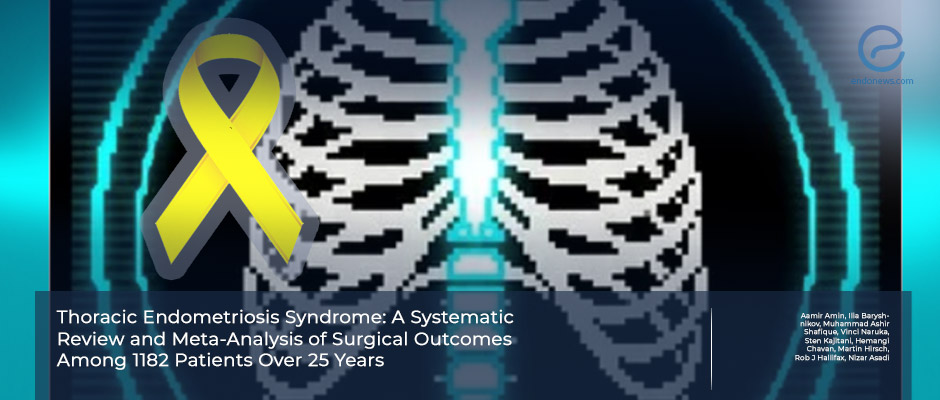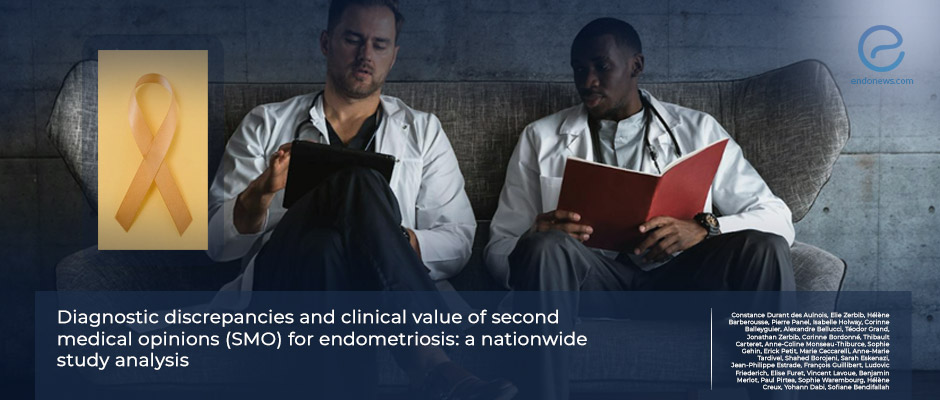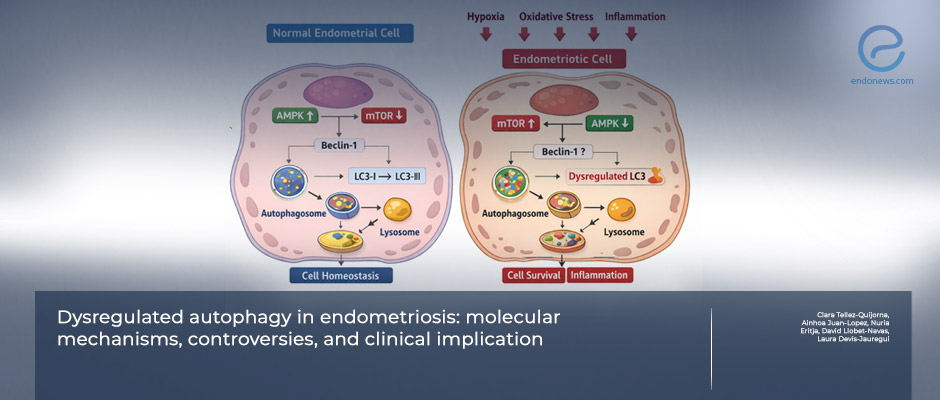Search :
Advanced Transvaginal Ultrasound for Endometriosis Mapping
Delayed diagnosis and incomplete disease mapping remain major challenges in the management of endometriosis, often contributing to prolonged symptoms and complex surgical outcomes. Improving preoperative identification of lesion location and disease extent is therefore critical for individualized treatment planning. In…
Key Points Lay SummarySurgeon Subspecialty Affects Ovarian Preservation in Endometriosis Care
Balancing effective disease removal with preservation of ovarian function remains one of the central challenges in the surgical management of ovarian endometriomas. Because the fibrotic capsule of these lesions is often tightly adherent to the ovarian cortex, excision requires meticulous…
Key Points Lay SummaryStemness as the Engine of Endometriosis Progression and Therapeutic Targeting
A new scoping review published in the Journal of Gynecology Obstetrics and Human Reproduction by Maria João Carvalho and colleagues from the University of Coimbra and Coimbra Academic and Clinical Centre, Portugal, explores an emerging concept in endometriosis research — the role…
Key Points Lay SummaryMenstrual Distress Beyond Pain in Endometriosis
Delayed recognition of the full symptom burden of endometriosis remains a challenge, as clinical attention has traditionally focused on pain alone. A new study published in theEuropean Journal of Obstetrics and Gynecology and Reproductive Biology shows that menstrual distress in women with endometriosis is…
Key Points Lay SummaryGamma-Glutamyl Transferase to High-Density Lipoprotein Ratio and Endometriosis Risk
Growing evidence indicates that endometriosis may be shaped not only by local pelvic mechanisms but also by broader systemic metabolic and inflammatory processes. Identifying readily available blood-based markers associated with the condition could help advance understanding of these systemic dimensions.…
Key Points Lay SummaryPsychological Burden of Endometriosis During Assisted Reproduction
For many women, endometriosis is not only a fertility-related diagnosis but a long-term pain condition that can shape daily functioning, intimate life, and emotional well-being. When fertility decisions are on the table, this burden may intensify in distinct ways. In…
Key Points Lay SummaryThoracic Endometriosis Surgery: Effective Intervention or Incomplete Solution?
Thoracic endometriosis is a rare and often overlooked form of endometriosis in which tissue similar to the uterine lining grows in or around the lungs and chest cavity. It can cause serious and recurring symptoms, such as lung collapse (pneumothorax),…
Key Points Lay SummaryAdvanced Endometriosis and Cardiometabolic Risk: Evidence From Lipid Biomarkers
A new study from the United States suggests that advanced forms of endometriosis, particularly ovarian endometriosis (endometriomas) alone or combined with deep infiltrating endometriosis (DIE), are associated with unfavorable blood lipid profiles, which are known markers of cardiometabolic risk. The research was…
Key Points Lay SummaryHow Second Medical Opinions Transform Endometriosis Diagnosis
Seeking a second medical opinion from an endometriosis expert can make a meaningful difference for patients whose pain has been unsuccessfully treated or whose diagnosis remains uncertain, according to a new nationwide study from France. In this study, researchers led…
Key Points Lay SummaryAutophagy dysregulation reshapes our understanding of endometriosis biology
Autophagy is a normal cellular process that helps cells survive stress by breaking down and recycling damaged components. In recent years, this process has attracted growing attention in endometriosis research, as endometriotic lesions are exposed to challenging conditions such as…
Key Points Lay Summary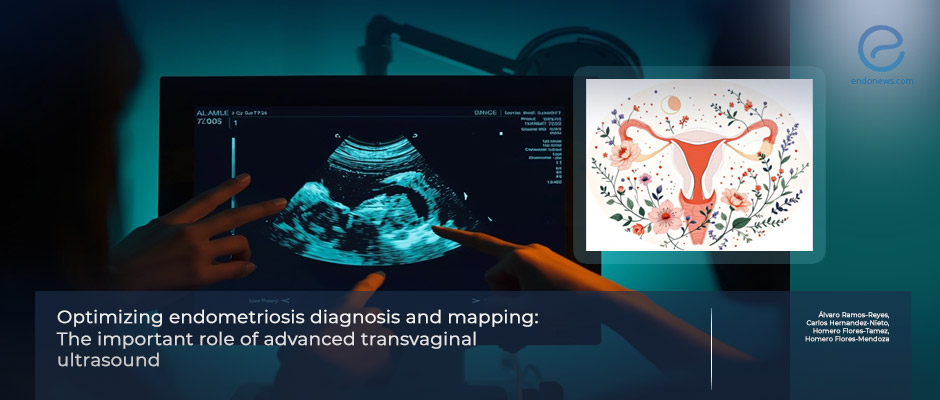
 By Ayse Ayhan
By Ayse Ayhan
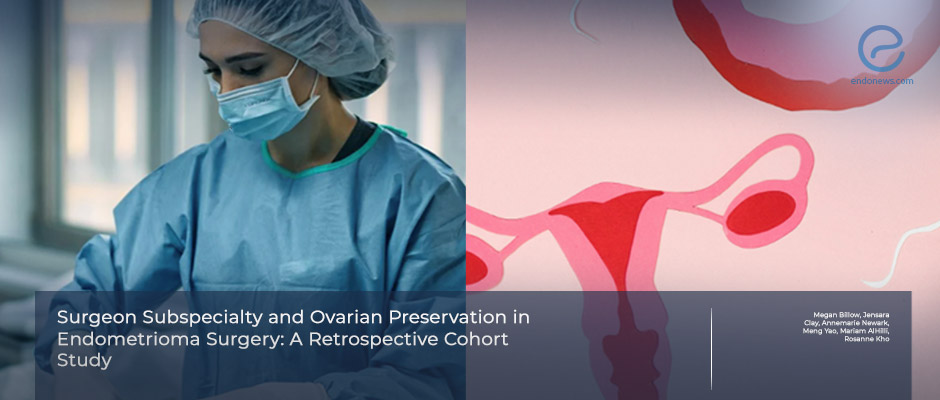
 By Hale Goksever Celik
By Hale Goksever Celik
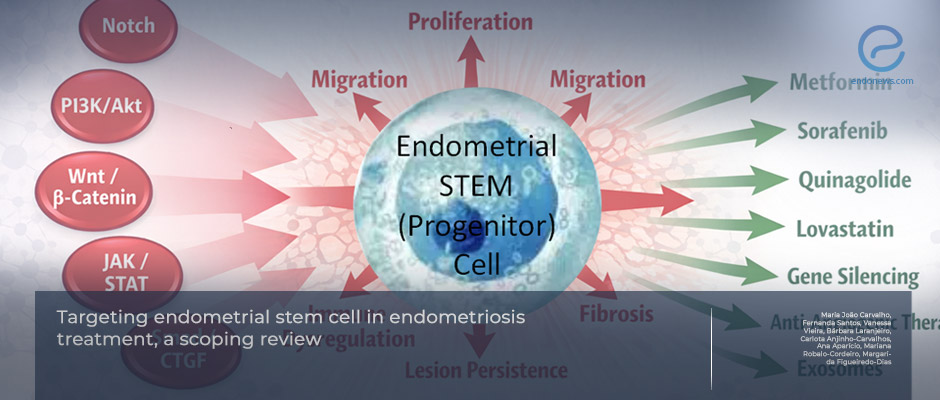
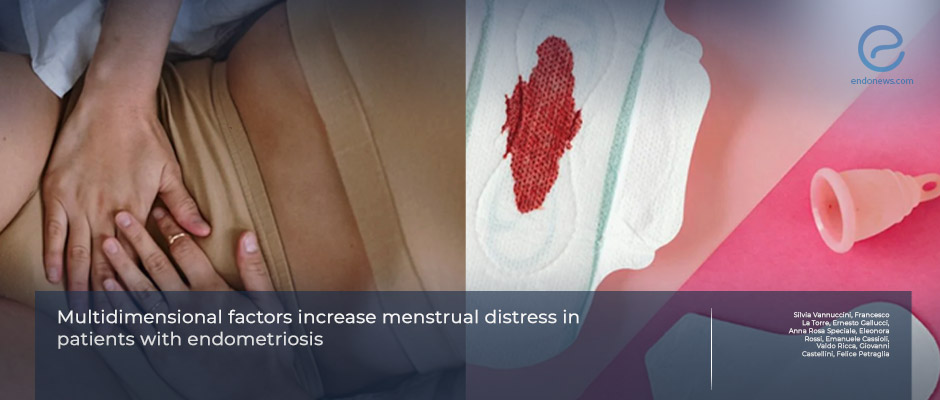
 By Özge Özkaya
By Özge Özkaya
